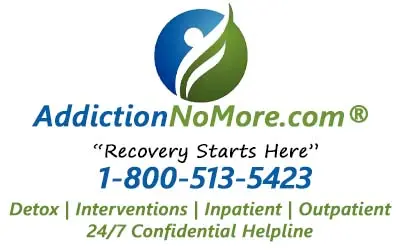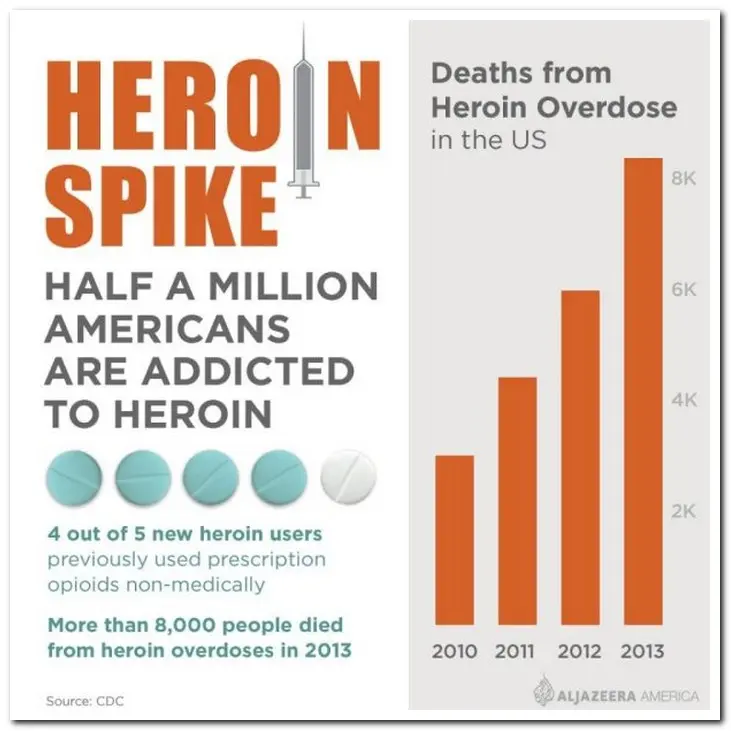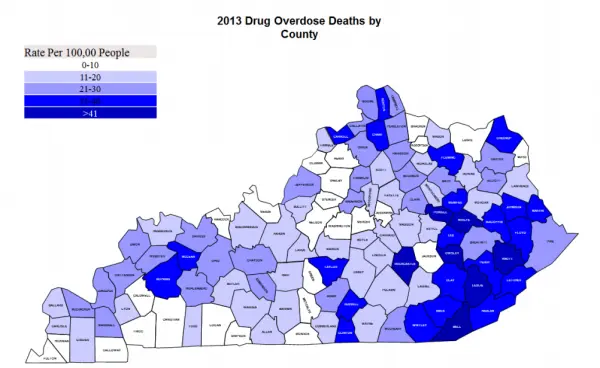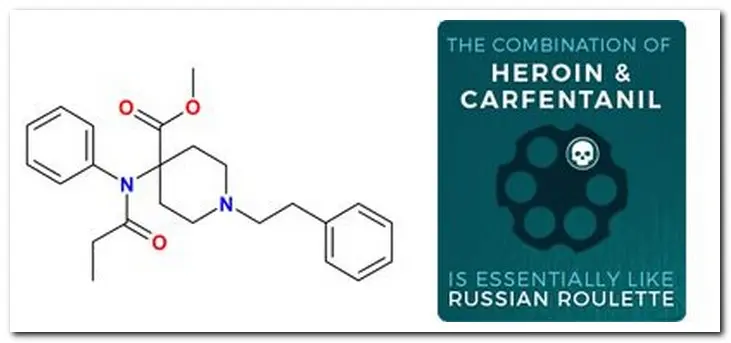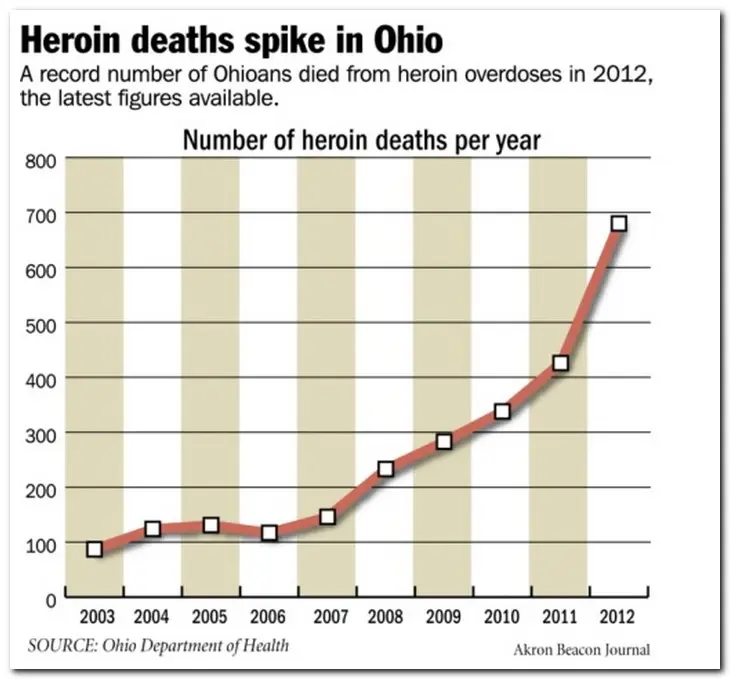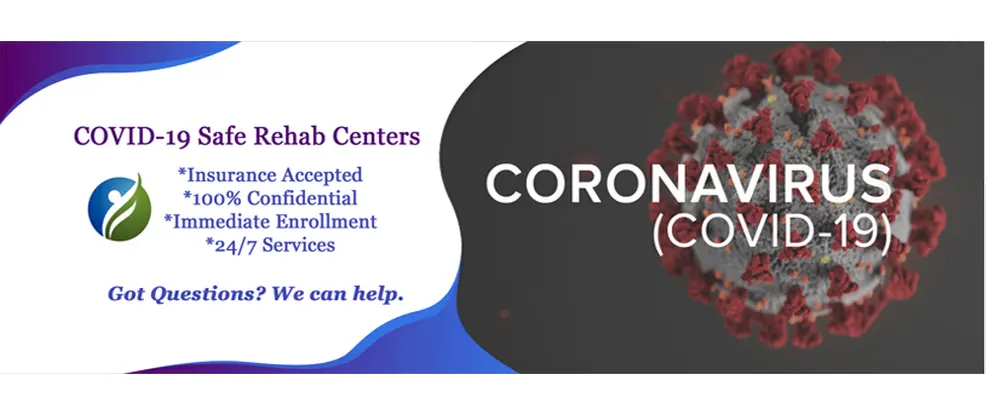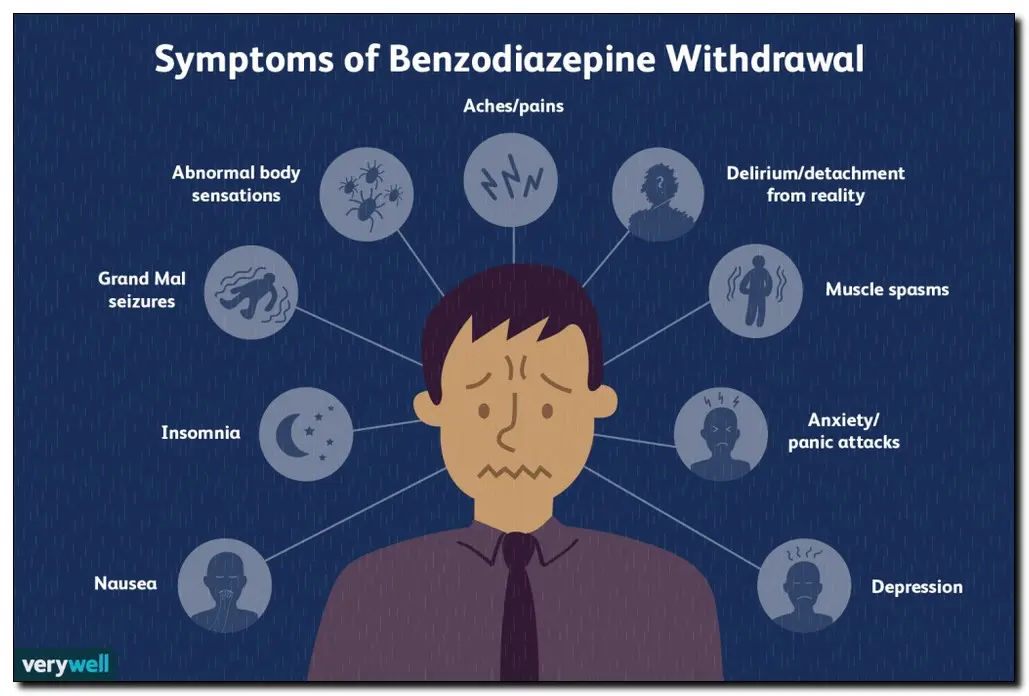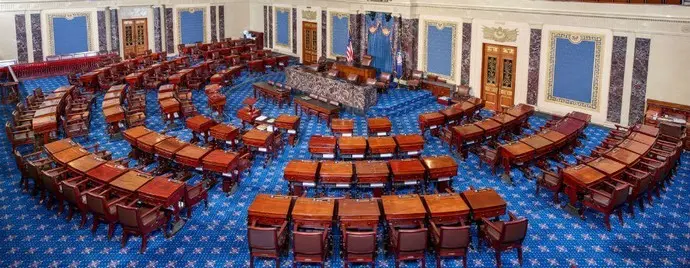
Addressing the Mental Health Crisis and Addiction Rates in America
What you will learn in this blog
- Drug and alcohol addiction rates
- Fentanyl-laced drug problem
- Xylazine animal tranquilizer abuse
- Steps the government is taking to address the problem
- Drug Use and Mental Health Use Disorders
- Major Depressive Episodes (MDE) Among Adolescents
- Mental Illness Among Adults
- Co-occurring Substance Use Disorder with Any Mental Illness
- Serious Thoughts of Suicide, Suicide Plans, and Suicide Attempts
- Recovery

Drug and Alcohol Addiction Rates
Nearly 1/3 of adults had either a substance use disorder or a mental illness in the past year, and 46 percent of young adults 18-25 had either a substance use disorder or any mental illness. In 2021 92% of those aged 12 and older who had reported a substance abuse disorder did not receive any treatment at a drug rehab center or reported that they didn’t think they needed it. Over 150 people a day are dying from a synthetic opioid overdose in America.
Seeking a drug rehab center that has experienced staff, and infrastructure should be your number one priority for those struggling with a mental health disorder and substance abuse issues concurrently. With the risk of fatal overdose increasing, we cannot stress this enough.
Fentanyl-laced Drug Problem
Fentanyl is being mixed into different illicit drugs on the streets, including pills that look like prescription medications. Fentanyl is often added to other drugs because of its extreme potency, which makes drugs more potent, more dangerous, and more addictive. Fentanyl is available in liquid form and powder form. It is commonly mixed with heroin, cocaine, and methamphetamine, and can also be made into pills that resemble other prescription opioids. Fentanyl-laced drugs are dangerous and can be deadly. Most people do not know that their drugs are laced with it. We strongly encourage that if you are using drugs that you have purchased on the street, to please consider using fentanyl testing strips to make sure the substance is not laced with this dangerous drug. Drugs that are found on the street may contain deadly levels of fentanyl and you wouldn’t be able to tell. It can be nearly impossible to tell if a drug is laced with the drug unless you use a test strip. Test strips are inexpensive and give results in about 5 min. while test strips can detect fentanyl they may not be accurate on higher potency fentanyl-like drugs like carfentanyl.
Xylazine Animal Tranquilizer Abuse
Fentanyl mixed with Xylazine is a new threat in the US. Xylazine is an animal tranquilizer that has been found in the United States illicit drug supply and has been linked to overdose deaths. Due to its impact on the opioid crisis, fentanyl mixed (adulterated) with xylazine has been declared an emerging threat by the White House’s Office of National Drug Control Policy. Xylazine is a substance that is not meant for human consumption and is extremely dangerous when mixed with fentanyl. The response by the white house over this problem is welcomed by drug rehab centers, detox facilities, counselors, and professionals who are dealing with this epidemic on a daily basis.
Seeking help for addiction is the best way to prevent an accidental overdose. Get help either through a rehab center program, detox, or counselor.
Steps the government is taking to address the problem
On July 11, 2023, the White House released a National Response Plan to address the emerging threat of fentanyl mixed with xylazine. The monthly percentage of illegally manufactured fentanyl-involved deaths with xylazine detected increased by 276% (from 2.9% to 10.9%) between January 2019 and June 2022. A first-of-its-kind National Response Plan outlines action steps the federal government will pursue to address this threat, protect public health and public safety, and save lives. This includes both short- and longer-term action steps to provide immediate relief to communities across the nation, and to support the large-scale efforts needed to eradicate this threat.
The federal government has laid out a guideline plan for basic and applied research as noted above, which will include the following steps.
- Treatment development: They will be looking at treatment protocols, detoxification, and antidotes in humans.
- How Xylazine impacts human psychology and behavior: Conduct basic research on drug-drug interactions to understand the pharmacology, chemistry, biology, and toxicology of how xylazine and fentanyl interact in humans and the behavioral consequences.
- Research social outcomes of xylazine use in humans: Conduct applied research on population-level health, social, equity, and economic drivers and consequences of exposure to fentanyl adulterated with xylazine.
- Research on use motivation: Conduct research on awareness of and motivations for use of xylazine-containing products, strategies people use to reduce harm, how motivations related to use are changing over time, as well as the recovery process for those who have been able to stop use after a sustained period of consumption of xylazine-adulterated fentanyl.
The plan released focuses on six pillars of action:
- Testing
- Data Collection
- Evidence-Based Prevention, Harm Reduction, and Treatment
- Supply Reduction
- Scheduling
- Research
You can read the full plan HERE that outlines the steps that are to be implemented locally, federally, and at the state level.
Drug Use and Mental Health Use Disorders
When a person is experiencing mental health distress in the form of anxiety, depression, or suicidal thoughts they are looking for any relief from these symptoms. Drugs and alcohol can give them a false sense of relief which can make them feel better for a short period of time. The dangers of self-medicating are real, especially now that fentanyl is being mixed into almost every illicit drug a person can get on the street. Seeking professional help, be it through a drug rehab, clinic, or therapist is the best way to get control over the underlying condition that has led to the addiction.On January 4th, 2023, SAMHSA and the Department of Health released the results of its annual survey on drug use and mental health, showing how people in America reported their experiences with mental health, addiction, and their pursuit of treatment.
SAMHSA latest national survey on drug use and health (NSDUH) results detailing mental illness and substance abuse levels from 2021.
Among people aged 12 or older in 2021, 61.2 million people (or 21.9 percent of the population) used illicit drugs in the past year. The most used illicit drug was marijuana, which 52.5 million people used. Nearly 2 in 5 young adults 18 to 25 used illicit drugs in the past year: 1 in 3 young adults 18 to 25 used marijuana in the past year.
9.2 million people 12 and older misused opioids in the past year.
46.3 million people aged 12 or older (or 16.5 percent of the population) met the applicable DSM-5 criteria for having a substance use disorder in the past year, including 29.5 million people who were classified as having an alcohol use disorder and 24 million people who were classified as having a drug use disorder.
The percentage of people who were classified as having a past year substance use disorder, including alcohol use and/or drug use disorder, was highest among young adults aged 18 to 25 compared to youth and adults 26 and older.
In 2021, 94% of people aged 12 or older with a substance use disorder did not receive any treatment. Nearly all people with a substance use disorder who did not get treatment at a specialty facility did not think they needed treatment.
Major Depressive Episodes (MDE) Among Adolescents
In 2021, 1 in 5 adolescents had a major depressive episode in the past year. Of these, nearly 75 percent had symptoms consistent with severe impairment, which caused severe problems with their ability to do chores at home, do well at work or school, get along with their family, or have a social life. The prevalence of past year MDE among Black and Asian adolescents was lower compared to adolescents from most other racial/ethnic groups. More than half of youth with an MDE did not receive treatment in the past year.
Mental Illness Among Adults
Nearly 1 in 4 adults 18 and older, and 1 in 3 among adults aged 18 to 25, had a mental illness in the past year. Adults with serious mental illness had higher rates of treatment compared to those with any mental illness. Despite having the highest rate of serious mental illness, people aged 18 to 25 had the lowest rate of treatment in comparison to adults in other age groups. White and Multiracial adults were more likely to receive mental health services in the past year than Black, Hispanic Latino, or Asian adults.
Co-occurring Substance Use Disorder with Any Mental Illness
13.5 percent of young adults aged 18 to 25 had both a substance use disorder and any mental illness in the past year. Nearly 1 in 3 adults had either a substance use disorder or any mental illness in the past year, and 46 percent of young adults 18-25 had either a substance use disorder or any mental illness. The percentage of adults aged 18 or older who met the criteria for both a mental illness and a substance use disorder in the past year was higher among Multiracial adults than among White, Black, Hispanic Latino, or Asian adults. Asian adults were less likely to have had both AMI and a substance use disorder in the past year compared with adults in most other racial or ethnic groups.
Serious Thoughts of Suicide, Suicide Plans, and Suicide Attempts
12.3 million adults aged 18 or older had serious thoughts of suicide in the past year, 3.5 million made suicide plans, and 1.7 million attempted suicide. Hispanic or Latino adults were more likely than White or Asian adults to have attempted suicide in the past year, and Black adults were more likely than Asian adults to have attempted suicide in the past year.
Recovery
7 in 10 (72.2 percent or 20.9 million) adults who ever had a substance use problem considered themselves to be recovering or in recovery.
2 in 3 (66.5 percent or 38.8 million) adults who ever had a mental health issue considered themselves to be recovering or in recovery.
For more information on specific types of treatment centers for addiction, or to enter into treatment now, please give our certified counselors a call today. This is a 24-hour service. We are here to help you find and enter into the best drug rehab for you or someone you love. We can answer any questions that you may have pertaining to what treatment option will be the best fit for your current situation.
1-800-513-5423
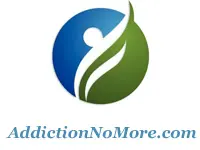 Author: Erik Epp Erik is one of the leaders in the field of drug and alcohol rehabilitation with over 20 years of experience behind him. His focus on helping people relies on education, prevention, and rehabilitation. Erik continues to be at the forefront of technology to help as many addicts achieve the life of sobriety that they are looking for.
Author: Erik Epp Erik is one of the leaders in the field of drug and alcohol rehabilitation with over 20 years of experience behind him. His focus on helping people relies on education, prevention, and rehabilitation. Erik continues to be at the forefront of technology to help as many addicts achieve the life of sobriety that they are looking for.Sources
SAMHSA Announces National Survey on Drug Use and Health (NSDUH) Results Detailing Mental Illness and Substance Use Levels in 2021
FACT SHEET: In Continued Fight Against Overdose Epidemic, the White House Releases National Response Plan to Address the Emerging Threat of Fentanyl Combined with Xylazine
ncapda.org
